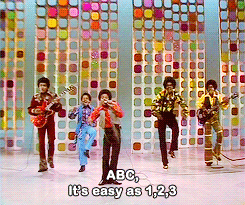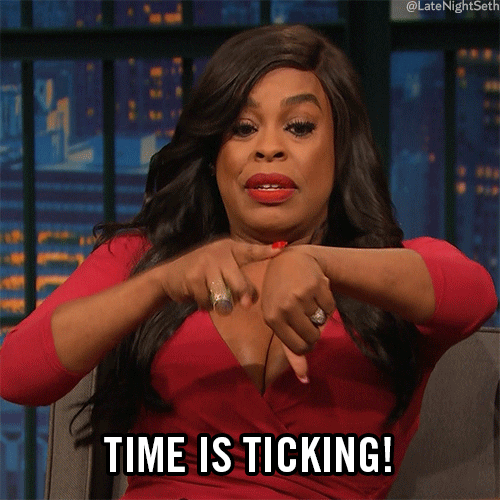Hopefully, it will make the process of decision-making simpler, so much so that you could say it’s as easy as ABC:
- Seek Alternatives.
- Bother your stakeholders.
- Communicate things early.

Seek Alternatives
The perfect decision is one where you have infinite time and information, and your decision will be impactless. This is rarely the case.
In times where you’re short on information, the best thing to do is to ‘Seek Alternatives’. This tends to be a situation of uncharted territory where you’ve done your training, but the situation is altogether new, and there is no clear answer as to what to do next.
First, make a list of alternative solutions that you can present to your stakeholders for their input. It shows initiative and independence. It’s better than going up to your manager without having thought of how you can resolve the issue yourself.

Over time, you can hone your problem-solving and critical thinking skills so that when you are in a similar situation, you can easily navigate problems on your own.
Second, try to imagine different scenarios of how your alternatives will play out. Be as detailed as possible and try to think of why that alternative isn’t fully adequate/appropriate for your circumstance. This will ensure that you are thoroughly vetting your ideas before you present them to others.
Bother Your Stakeholders for Input
There are some situations where you are short on time. You can’t afford to wait and make a long list of well-thought-out alternatives. These are usually high-impact decisions with instant ramifications or situations. Here, a lot of different people are demanding your input, and the workload/decisions are starting to pile up.

The best course of action is to reach out to your stakeholders for their input on how to move forward. This is where you can align on how to prioritise their work against the wider list of business objectives and your wider workload.
Take this as an opportunity to learn first-hand from people who have more experience in the business and the role of how they handle similar situations.
The skill of prioritisation is one that has to be built up over time. Often when we start new jobs, we have to re-learn this skill in the new environment.
Communicate things early!
In all cases, it is important to buy yourself enough time, but there are some situations where your decision stands to make a significant impact. These could be decisions related to large budgets, private information, public-facing communications, to name a few.

The earlier you communicate the issue to people around you, the more time you have to rally the troops, align on strategy and formulate next actions.
It really does feel like a battle zone when big decisions are being made, as emotions are usually high. Staying calm, organised and strategic is greatly appreciated and respected.
This article was written by Angelina Kazarema, a Channel Expert for PayPal UK.






